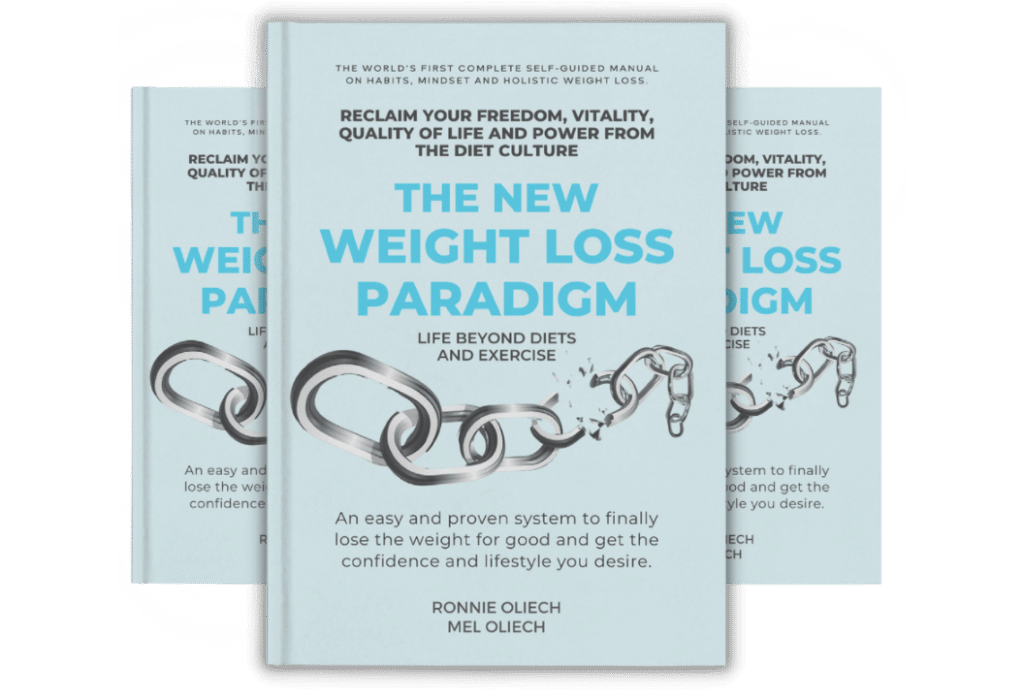When you’re trying to lose weight you might think that the quickest way to get there is to exercise as much as you can, and as hard as you can in order to burn the most calories.
However, this approach may do you more harm than good and actually send your weight loss efforts backwards.
The best approach is to include plenty of time for rest and recovery.
Benefits of resting
If you’re not including enough rest in your life while you’re trying to lose weight, you could be sabotaging your efforts. While it may go against everything you think you know (or have been told) about weight loss, magic happens when we allow our bodies and minds to rest. Here’s why.
Aids muscle recovery
Building rest into your training schedule is vital if you want to build muscle which will boost your metabolism, and recover sufficiently for you to be able to make the most of your next workout. Training, especially when performing resistance training (aka FIRE), causes microscopic tears in your muscles. Rest and recovery allow your body to repair this tissue – stronger than before – which is how you build muscle. Failing to build in recovery time means you won’t be building muscle. You’ll also experience muscle fatigue and soreness, which will impact your next workout, and increase the risk of injury.
Prevents injury and burnout
Sustaining an injury has the potential to setback your weight loss journey. Working outputs a certain amount of stress on your body. Prolonged or intolerable amounts of stress can lead to injuries such as overuse injuries, stress fractures, muscle strains and joint pain. When your body is overworked and you’re fatigued, you won’t be able to focus in your workout sessions. This will increase the risk of injury through poor form or even having an accident like dropping a weight.
Burnout is something you want to avoid as well. Burnout is a state of emotional, physical and mental exhaustion, caused by excessive or prolonged stress. Feeling burned out will cause you to feel overwhelmed, helpless, moody, exhausted, frustrated and may even cause you to give up altogether.
Reduces stress
Stress is one of the major reasons why people fail to lose weight and change their body shape, even if they’re doing everything right. We all know that stress can lead to and contribute to a range of different health issues. But chronic stress is also directly related to weight gain. When you’re stressed, your body releases a hormone called cortisol which increases your appetite, your cravings for junk food, and makes it easier for your body to accumulate belly fat. It will also cause your body to burn less calories. To make things worse, stress affects your sleep, which is also essential for weight loss.
When you’re highly stressed you’re more likely to engage in behaviours such as drinking excessively or binge eating, which will further sabotage your weight loss efforts.
Boosts immune system
Getting enough sleep and rest also boosts your immune system. This means you won’t get sick or run down, and you’ll be more focused and more consistent with your training — which will lead to better results.
Increases focus and motivation
When you feel well rested, you have more energy, you feel happier, and more focused. You’ll also feel more positive about the process, less overwhelmed and more motivated to do the things that will help you lose weight, such as sticking with your training schedule and meal prepping.
How much rest do I need?
The amount of rest you need will depend upon your own situation and how busy your life is. For example, if you have a busy, stressful job or run a business, you may need more rest than others. The same will apply for those who are raising a family or have other responsibilities. However, you should incorporate the following into your plan.
Sleep
Aim for 7-8 hours a night. If this can become a habit, you will notice a BIG change in your body shape.
Rest after your workouts
Avoid doing more than one strenuous workout on the same day. Your workouts should be planned, structured and focused, so you don’t spend excessive time exercising. We recommend a workout lasting no more than 45 minutes. We also recommend allowing around 24 hours between intense workouts. This will allow your body time to recover from your session. You can also aid your recovery by fuelling your body with pre- and post-workout meals, which will optimise your results.
Structured rest and ‘active recovery’
It’s also important for you to incorporate structure rest as part of your training program. This will allow your body and mind time to recover, and will help you come back to your training program stronger than before. At Imani Tribe, we structure two weeks’ rest between each 10-week FIRE block, and then include a 6-week break at the end of the year. While it’s important to give your body and mind a rest, it’s also important to keep moving. That’s why we recommend ‘active recovery’. Active recovery involves low-intensity activity (LIA) which keeps the body mobile, promotes blood flow, and helps reduce stress. LIA can be walking, an easy swim, a bike ride, stretching, foam rolling, or any other activity that keeps you moving, without the intense focus of cardio or resistance training.


















